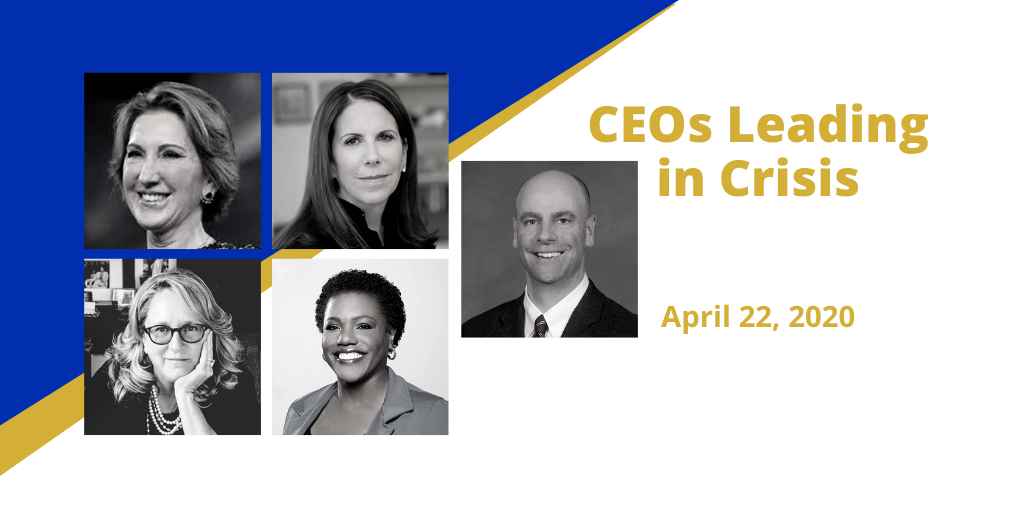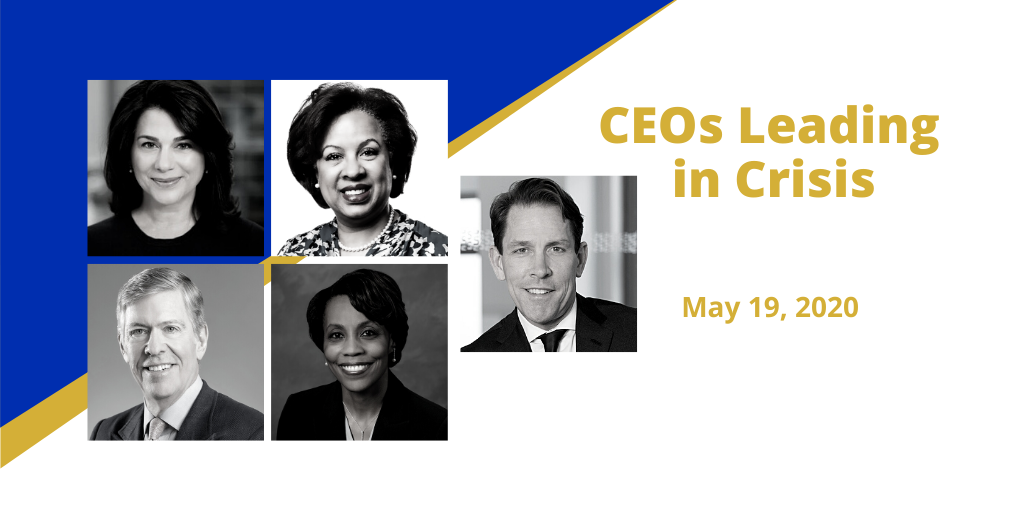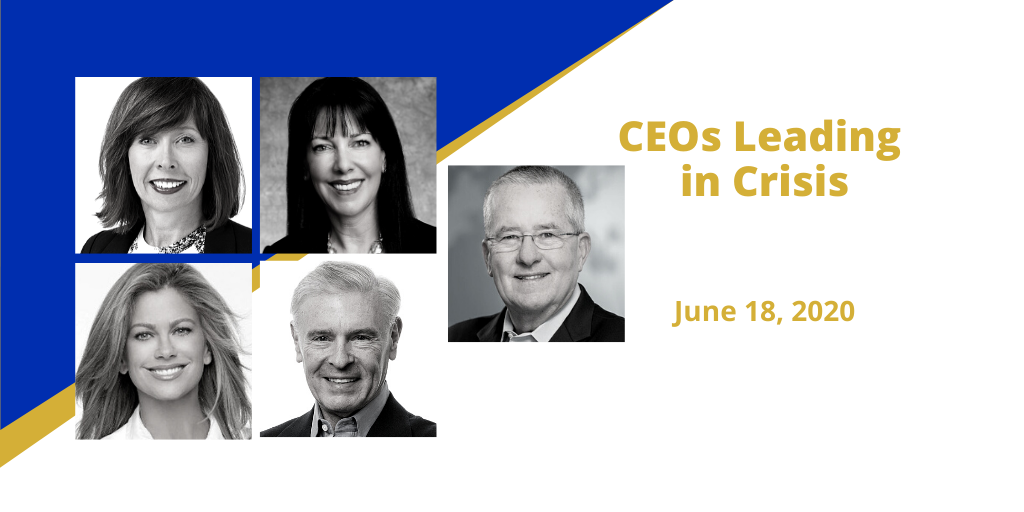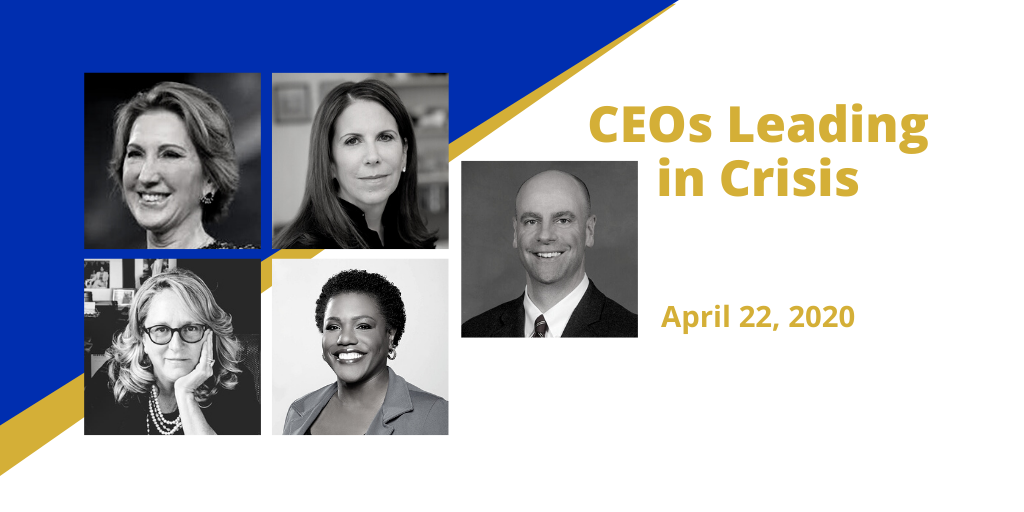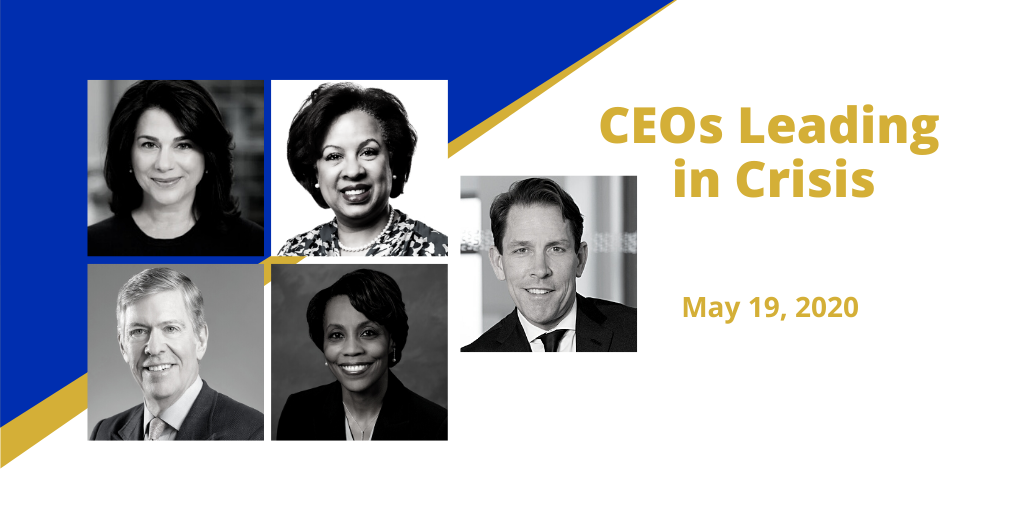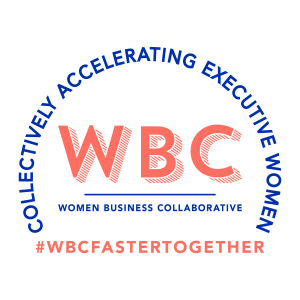
Back in 2011 I remember first sharing in my Forbes column my belief that we needed to get to 50 Fortune 500 women CEOs, which incidentally is still only a non-representative 10%. For years we did not get much past 6% … until 2020; we are now seeing progress and pushing north of 8%. While this obviously is only a start, it is truly encouraging — and I believe it’s important to share leadership philosophies and best practices to continue as Edie Fraser, CEO Women Business Collaborative has dubbed it “the movement” forward.
So on November 18, 2020, with my co-host Becky Shambaugh, I hosted the Women Business Collaborative CEO Roundtable with four women executives representing: non-profit, corporate, government and entrepreneurs. They are:
Stacey D. Stewart, President and CEO of March of Dimes – the organization leading the fight for the health of all moms and babies through advocacy, research and programs — kicked off the discussion by talking about creating a nonprofit workforce that is representative of those it serves aligned to its mission. “At March of Dimes, if our organization doesn’t look like those who we are serving or deliver on the vision we strive to meet every day, we are letting people down.” As a working mom, it is important to me that I prioritize moms and families. For example, when we moved our headquarters to the Washington, DC area, I ensured that nursing rooms were included in the office design so that both lactating staff and visitors could pump in a private and comfortable space. She then shared important truths about the hope for racial harmony, “For a woman of color, it’s been a very interesting time. With all the social unrest in the world, it’s been an essential time to shed light on the issues of diversity. 75% of non-profit employees are women, but much fewer are women of color and even fewer are CEOs.”
Gina Drosos, CEO, Signet, the world’s largest retailer of diamond jewelry, with brands including: Kay Jewelers, Zales, Jared etc., discussed best practices for a corporation, “Working towards achieving gender parity was an intentional effort for us at Signet. When I joined the company, we acknowledged where we were and made a real and concentrated effort to recruit and diversify our team to truly reflect the consumers that we serve.” Drosos then outlined their progress, “ Today, seven of the twelve members of our executive leadership team, including C-Suite roles, are women, and we are among a limited number of publicly traded companies to achieve gender parity on our board of directors. In fact all of our BOD chairs are women. We are proud of what we’ve done but we are always striving to do more.” She summed up with the relationship towards strategic planning, “Diversity and inclusion needs to be part of an organization’s business strategy.”
Shoshana Grove, CEO of International Bridge and former head of the Office of Secretary & Administration for the Postal Regulatory Commission, shared, “You have to put folks in a position of responsibility where they can shine. Part of this is creating a diverse team and letting them run with their best ideas. If you give people the tools and ability to act on their ideas, you will really see your business grow.” Grove then shared insights from her days as a pioneer woman leader in government, “My sector is one of many that is predominantly male. I started out as a letter carrier and was part of the 1% of women employees in this position at that time. I was able to lean on other women through this and hope others can do the same. Women are phenomenal in every aspect of business – we need to highlight that. Women feel more comfortable when there is a woman in leadership they can trust and depend on.”
Our finale was Kara Goldin Founder and CEO, Hint, Inc. As a mom with three young children and a fourth on the way entered the highly competitive beverage business and against seemingly impossible odds launched Hint Water to become a beloved brand. She started by answering a question about raising money, “I’ve been asked whether it was hard to raise money as a woman – and my response is I’ve never raised money as a man. My view is if you really want to accomplish something, you need to find a way and not allow barriers to get in the way.”
She then shared her thought pattern early on, “I never actively thought about entering a male-dominated industry or an old boys club – only to the end the term old boys club might suggest a group set in its ways. That’s not how I thought about the beverage space. I think doing so builds in an excuse for failing to make an impact. I only saw a marketplace need for my product and pushed hard every which way to bring it to market. However, I will tell you that in the early days of Hint I visited with a Coke executive to get some insight on a challenge I faced and he called me sweetie. And I thought – it’s on!”
Goldin summed up an important insight on parity with CEOs, “I note this in my book Undaunted: Overcoming Doubts and Doubters as a real moment for me as a working parent: one day my twelve-year old son was watching Sheryl Sandberg and she remarked that there were not many female CEOs. He quizzically looked at me and said you’re a CEO and you’re great, why is this the case? I had no good answer, but thought in that moment that I was a good role model to my kids as someone taking on the beverage giants and fighting for change in Washington (a clean water initiative) and might in fact be a good model for girls/women across America.”
Gina Drosos, ended on a positive note, we all love to talk about … the holiday season!
“Women have been particularly hard hit during this pandemic, especially new moms, and I think this year, consumers are conscious about purchasing thoughtful gifts that will showcase the efforts and value women have provided this year.”




